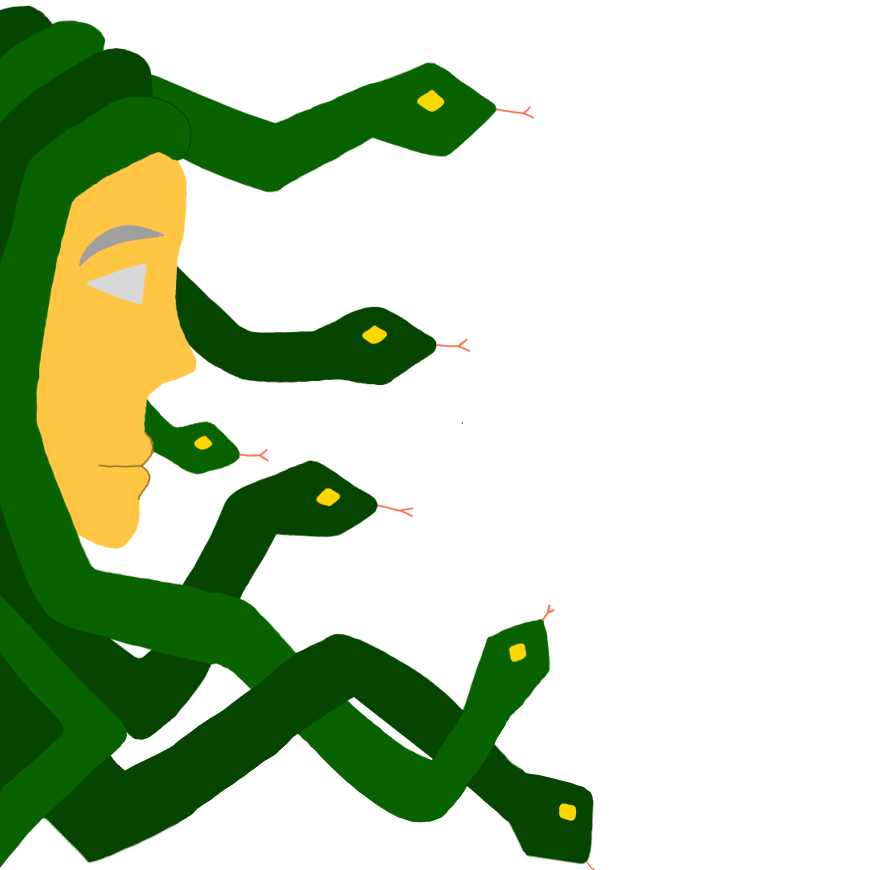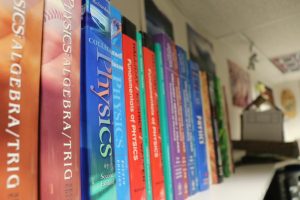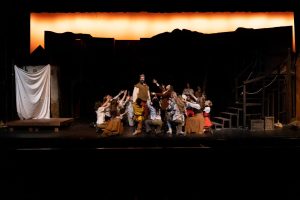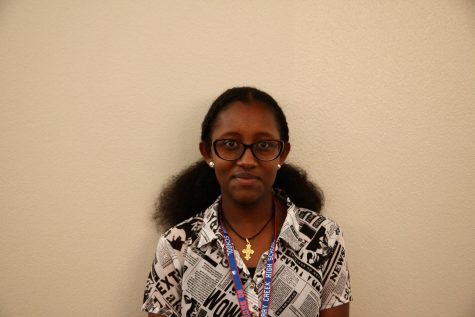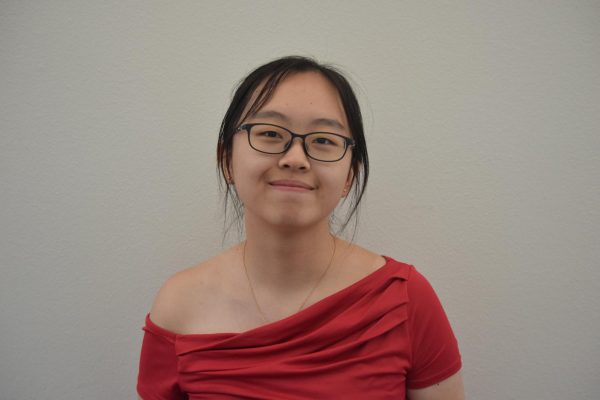New Elective Emerges: CP Mythology & Folklore
English teacher Jason Foster is the founder for the new CP Mythology and Folklore course which students can take next school year.
March 13, 2023
While most English classes read plenty of novels, plays, and classic literature, English teacher Jason Foster hopes to dive deeper into the origins of storytelling with his new class: CP Mythology and Folklore. In the class, Foster plans to explore mythology, fairy tales, and urban legends, as well as symbols which he believes will make this class of great value to students.
According to Foster, there’s a vacuum that could be filled when it comes to students knowing their mythology, and he believes that teaching students about mythology and folklore will allow them to understand analogies and references often found in the literature.
“[Myths] contain in them a lot of the patterns and symbolism that we continue to build upon in our stories,” Foster said.
Junior Sydney Soderholm-Hudson is one of the many students who have signed up to take this class in the upcoming year. As an active member of the Dungeons and Dragons club, she believes this class will relate to her interests. She hopes that this class will be a break from the standard English curriculum.
“I can put what I learn in [this class] into my D&D writing skills. I think it would help make my writing … more story based,” said Soderholm-Hudson.
Junior Gabby Clark, who also registered for the class is excited to take a class taught by Foster.
“I really like Mr. Foster. And I know he’s a cool teacher… but [the class] seems interesting,” Clark said. “It’s a bit different.”
Students will study course concepts by reflecting on their own experiences, which can be more engaging than simply discussing plot elements or character types. Foster hopes that this analysis will allow them to see patterns in writing pieces and their own lives. Dreams, he believes, exemplify this.
“The symbolism of dreams is very much like the symbolism and literature, and mythology is very dreamlike,” Foster said. “If you can understand your dreams really well, you can also understand mythology… If you understand the language of mythology, you might start to understand the language of your dreams.”
According to Foster, this unconventional course will allow students to analyze and think about topics that normal English classes don’t cover by encouraging students to explore themselves through the creative aspects of literature without the burden of constant book reports, tests, and essays.
“I would love to inspire people to learn versus [telling them]: ‘You better do this, because if you don’t, you won’t get your A,’” Foster said.

